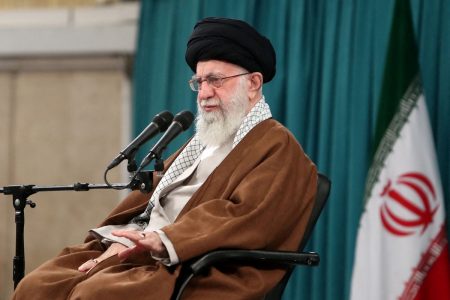The 10th of June 201 marks the 71st anniversary of the massacre that was carried out in Distomo by German occupation forces during the Second World War. Amnesty International issued a press statement underlining that the victims and their families are still denied justice and reparations.
The chief of Amnesty International in Greece Giorgos Kosmopoulos argued that as of 1907 the victims of war crimes have had the right to claim reparations from States that committed the atrocities. Amnesty International supports the right to reparations for war crimes and claims that States should not be allowed to block the civil action launched by the victims of war crimes in foreign courts, when they have no other recourse.
In the case of Distomo, survivors and families of the victims filed a claim against the German state and in 2000, the Supreme Court in Greece ratified a 1997 court ruling that reject Germany’s immunity claim and ordered that reparations be paid out. The Greek Minister of Justice at the time though refused to enforce the ruling.
The plaintiffs filed a suit against Greece and Germany at the European Court of Human Rights, which accepted Germany’s claim and threw out the case in 2002. The plaintiffs however were successful via the Italian courts. Once again, Germany refused to pay out reparations and appealed to the International Court of Justice in The Hague, claiming that Italy had violated its immunity.
The International Court confirmed Germany’s immunity for the crimes committed by its armed forces in Italy and Germany during the Second World War and admitted that its decision may avert war crime victims from claiming and receiving reparations. It noted though that these claims could be further negotiated between Germany and Italy, in order to resolve the matter. Amnesty International responded that the ICJ’s decision was a major ‘setback for rights’ and noted that so far and to its knowledge there have been no negotiations.
Mr. Kosmopoulos commented that “while there should not be any state immunity for war crimes, we believe that the negotiations that will provide reparations and ultimately a sense of justice to the victims and their families must begin immediately”.


